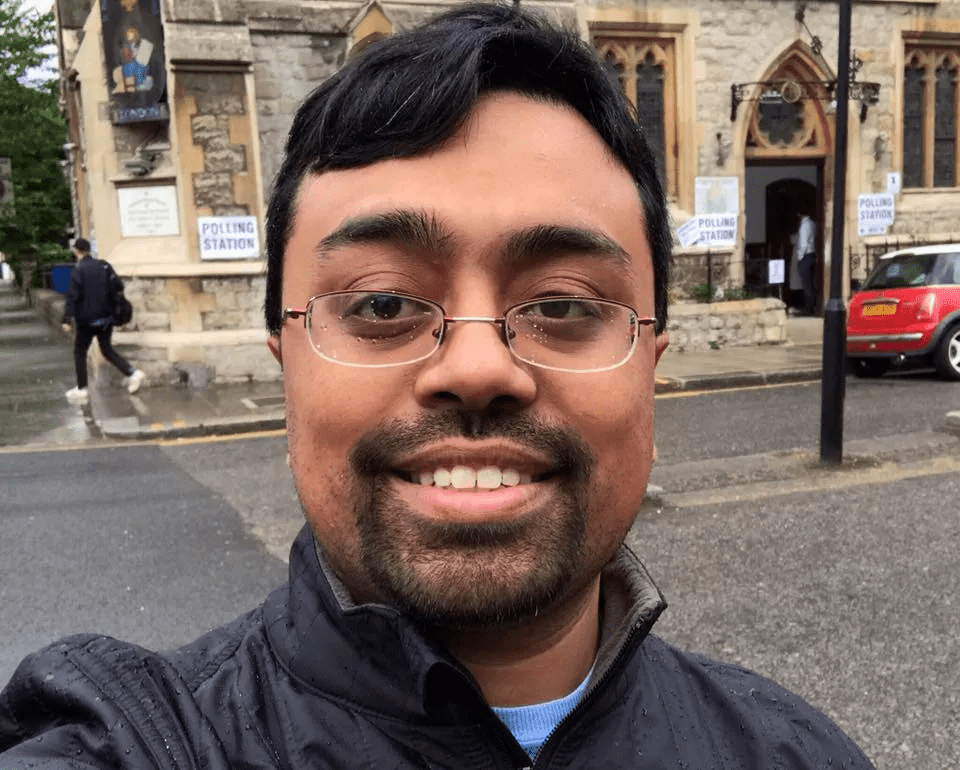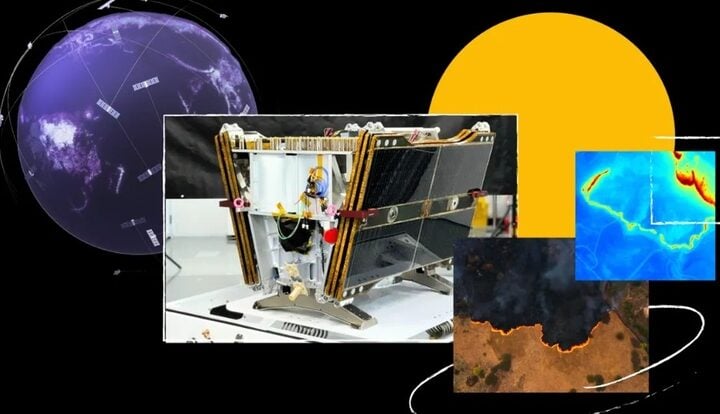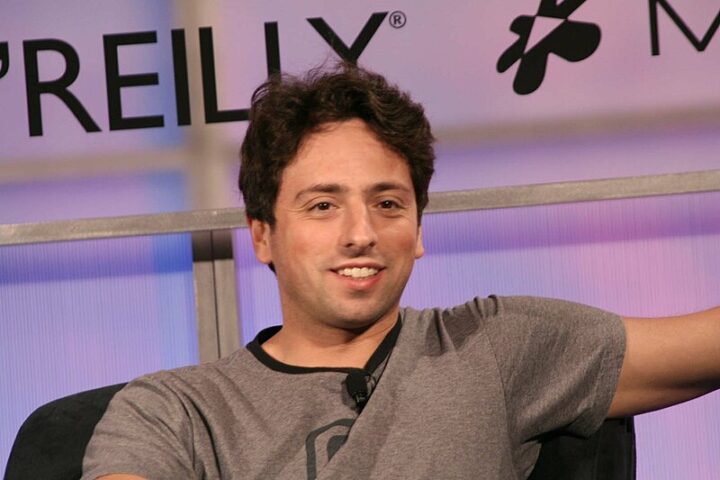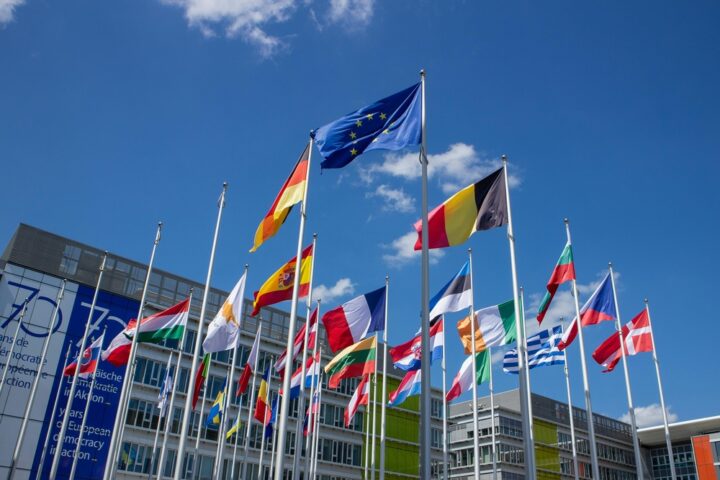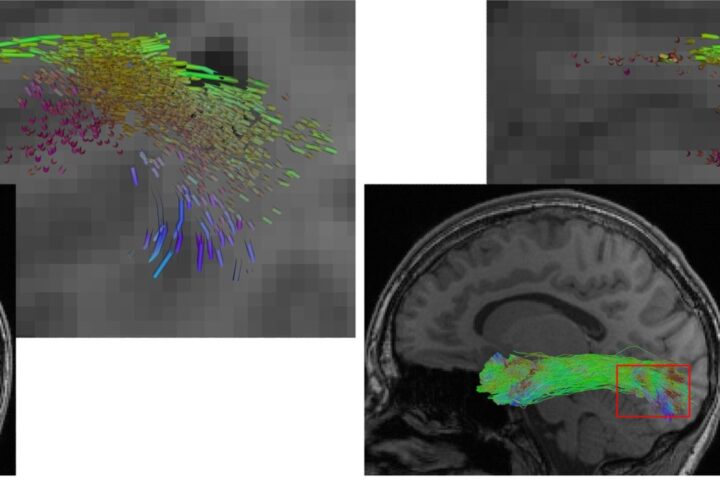In the shifting sands of technological progress, artificial intelligence (AI) has been hailed as the vanguard of a new era, promising to reshape our world in ways unimaginable. Yet, amid the frenzy of investment and hyperbole, there’s a growing chorus of dissent echoing through the halls of tech powerhouses. Paradoxically, Emad Mostaque, CEO of Stability AI and creator of the popular Stable Diffusion image generator, stands as a vocal skeptic amidst the boom, predicting the impending ‘dot AI’ bubble. The central conundrum posed by Mostaque’s statements is twofold. One, the seemingly contradictory views of AI’s future – an impending bubble poised to burst or the catalyst of an unprecedented wave of progress. Two, the looming specter of job losses and societal disruption caused by generative AI, with countries like India, a global hub for IT services, facing the brunt.
On one hand, Mostaque, CEO of Stability AI calls for a colossal $1 trillion investment, extolling AI’s transformative potential and positing it as “more important than 5G as infrastructure for knowledge.” Conversely, he warns of the perils of an over-inflated AI industry, arguing it could implode, leaving a trail of unfulfilled promises and wasted resources. While these perspectives might seem mutually exclusive, they coalesce in a nuanced narrative: the explosive growth of AI is an opportunity as much as it is a challenge, requiring careful management and substantial investment. Simultaneously, there’s a compelling concern around the displacement of jobs due to AI, especially in the Indian IT sector. As Mostaque stated, generative AI models, like ChatGPT, could render “level three programmers” redundant. They could be superseded by AI models that can write, read, and review codes, akin to “really talented grads.”
Similar Post
Yet, this gloomy forecast does not mean AI should be vilified. Instead, this should serve as a clarion call to recalibrate our approach towards AI’s assimilation. As Mostaque pointed out, the answer lies in humans synergizing with AI, not competing against it. Moreover, AI could potentially unlock avenues in personalized education and healthcare, manifesting the very essence of technological advancements – improving human lives. Such disruption has spurred calls for global regulations, as echoed by the likes of OpenAI’s Sam Altman and tech behemoths like Google and Microsoft. Not just for protecting jobs, but also to safeguard users’ privacy. Yet, these calls often fail to address the varied implications of AI across countries with differing labour laws, accentuating the need for nuanced, context-specific regulatory frameworks.
So, are we standing at the precipice of a momentous opportunity or a catastrophic financial chasm? The answer is likely somewhere in between. As the AI wave surges, it’s critical to remember the duality of technology – its potential for both creation and destruction. To ride this wave, we must balance the thrill of the ride with a healthy respect for the power of the ocean. After all, it’s not the technology itself, but how we manage and adapt to it that will ultimately determine our trajectory.
